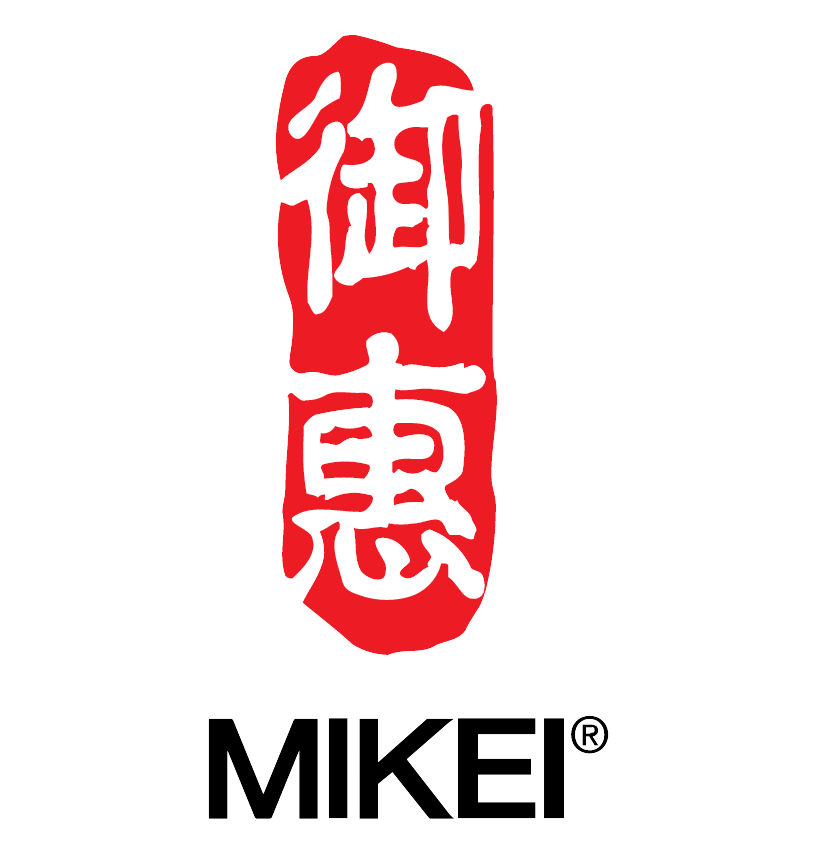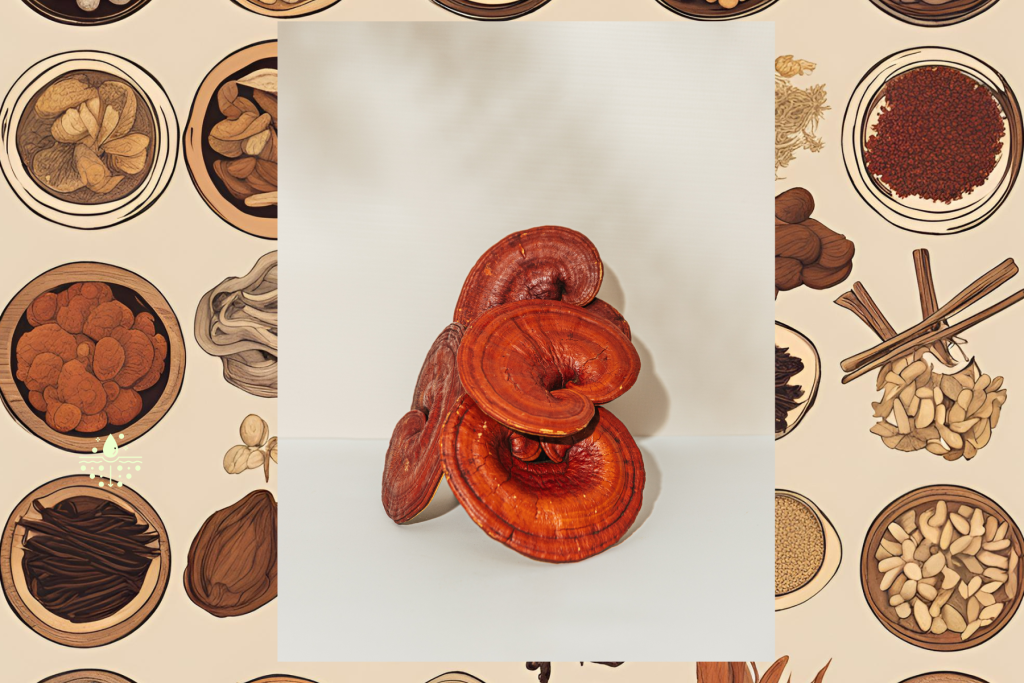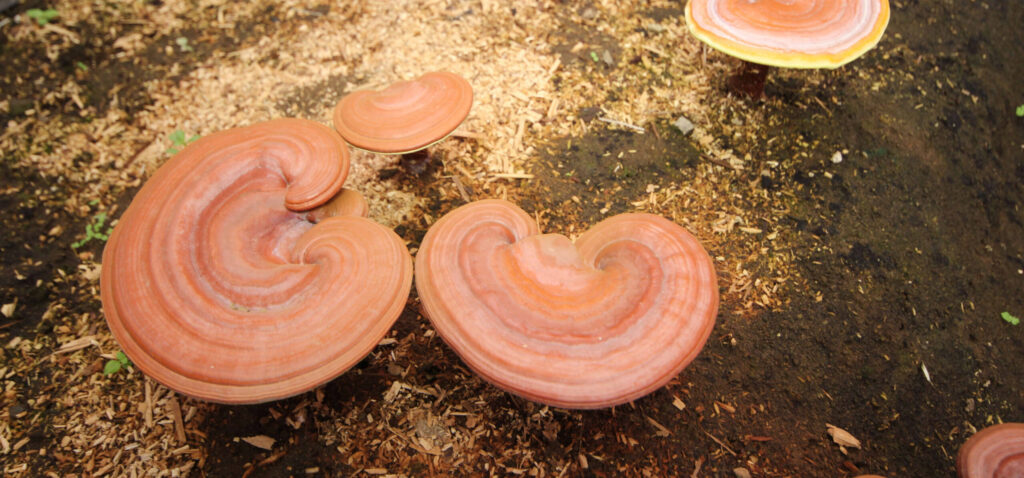Inflammation is a natural and essential process in the body’s immune response. When faced with infections, injuries, or toxins, the body triggers inflammation to protect tissues and initiate healing. However, chronic inflammation can become detrimental, potentially contributing to a variety of health conditions such as arthritis, cardiovascular diseases, allergies, and even cancer. As people look for natural ways to reduce inflammation, the ancient mushroom known as reishi (Ganoderma lucidum) has garnered significant attention for its potent anti-inflammatory properties.
What Are Reishi Mushrooms?
Reishi mushrooms, often referred to as the “king of mushrooms,” have been used for thousands of years in traditional Chinese medicine. Recognized for their glossy, reddish-brown caps and tough texture, these mushrooms are primarily consumed in encapsulated powder forms due to their bitterness.
Historically, reishi mushrooms have been valued for enhancing longevity, boosting immunity, and improving overall wellness. Modern science has begun to uncover some of the mechanisms behind these benefits, focusing particularly on their influence on inflammation.
The Science Behind Reishi’s Anti-inflammatory Effects
The key bioactive components in reishi mushrooms responsible for their therapeutic effects include:
- Polysaccharides: Complex carbohydrates that modulate immune function.
- Triterpenoids: Compounds known to reduce inflammation and oxidative stress.
- Peptides and Sterols: Contribute to immune regulation and cellular protection.
How Reishi Mushrooms Combat Inflammation
- Modulate Cytokine Production
Cytokines are messenger proteins made by the immune system to regulate inflammation. Some cytokines tell the body to start inflammation (pro-inflammatory), while others help calm it down (anti-inflammatory). If the body makes too many pro-inflammatory cytokines—like TNF-α, IL-1β, and IL-6—it can lead to chronic inflammation.
Research indicates that compounds in reishi mushrooms can help keep cytokines in balance by reducing the “start inflammation” signals and boosting the “calm it down” signals. This double action makes reishi a strong natural anti-inflammatory. - Inhibit Inflammatory Pathways
Some systems in the body act like “switches” that turn on inflammation. One of these switches is called NF-κB. When NF-κB is switched on, it tells the body to make chemicals that cause inflammation.
Studies have shown that triterpenoids in Reishi can inhibit NF-κB activation, which in turn lowers the expression of inflammatory genes. This helps to dampen the inflammatory response at the molecular level, providing relief from chronic inflammation. - Antioxidant Activity
Oxidative stress, caused by an overload of free radicals, contributes significantly to inflammation and tissue damage. Reishi mushrooms contain antioxidants that neutralize free radicals, reducing oxidative stress and the resulting inflammation.
This dual action—antioxidant and anti-inflammatory—makes Reishi particularly effective in protecting cells from damage and maintaining overall health.
Health Benefits Linked to Reishi’s Anti-inflammatory Properties
The anti-inflammatory effects of Reishi mushrooms translate into numerous potential health benefits:
- Alleviating Arthritis Symptoms
Arthritis is characterized by chronic joint inflammation that causes pain and stiffness. Clinical and animal studies suggest that reishi supplementation can reduce joint inflammation by lowering cytokine levels and inhibiting inflammatory enzymes, offering relief to arthritis sufferers. - Supporting Cardiovascular Health
Chronic inflammation contributes to the development of atherosclerosis, a major risk factor for heart attacks and strokes. Reishi’s ability to reduce inflammation and oxidative stress may help improve blood circulation and prevent plaque buildup, promoting heart health. - Enhancing Immune Function
Rather than simply suppressing inflammation, reishi promotes immune system balance. It supports the body’s defense mechanisms by enhancing the activity of natural killer cells and macrophages while reducing harmful inflammation, which is crucial in fighting infections and preventing autoimmune responses. - Managing Allergies and Respiratory Conditions
By modulating immune responses and possessing anti-allergic properties, reishi may also help manage asthma and allergic rhinitis. Reducing airway inflammation can improve breathing and decrease hypersensitivity to allergens. - Supporting Liver Health
Liver inflammation can lead to fibrosis and impaired function. Reishi’s anti-inflammatory and antioxidant qualities contribute to liver detoxification and protection, which has been supported by studies showing improved liver enzymes with reishi use.
Reishi mushrooms offer a natural, holistic approach to managing inflammation and supporting immune health. Their unique combination of polysaccharides, triterpenoids, and antioxidants work synergistically to reduce harmful inflammation, protect cells from oxidative damage, and promote overall well-being.
As modern research continues to reveal the benefits of this remarkable fungus, reishi mushrooms are gaining a reputation among health enthusiasts and practitioners alike as a powerful partner in combating chronic inflammation and the many health issues it can cause.










